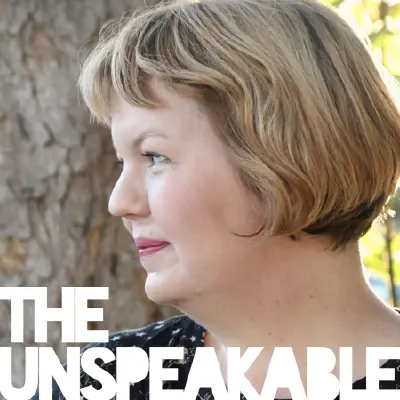Ever since it was introduced in the early 1960s, the birth control pill has been inextricable from the concept of women’s liberation, body autonomy, and just about everyone’s sense of personal freedom and their own life choices. Holly Grigg-Spall, author of Sweetening The Pill: Or How We Got Hooked On Hormonal Birth Control, is in favor of all of those things. But she is also among a growing chorus of activists who believe that the sacrosanct nature of the pill discourages honest conversations about the mental and physical health risks posed by hormonal birth control. Instead of taking it for limited spans of time to prevent pregnancy, many women are often on the pill for the bulk of their reproductive lives, which technically is not the way it was designed to be used. In this conversation, Holly talks about how pharmaceutical companies began marketing birth control pills as “lifestyle drugs” and how artificial disruptions to the reproductive system can cause medical problems to go unnoticed and untreated. She also explains how tech-assisted fertility tracking differs from the old-fashioned “rhythm method” and explores the ways in which “infertility as a default setting for women” has affected mating and dating patterns – and not always for the better.
In the bonus portion for paying subscribers, Holly sticks around and talks about the process of developing Teena, a fertility tracking app for teenagers, and also the documentary The Business of Birth Control, which was inspired by her book (and criticized by Meghan on A Special Place In Hell.)
Guest Bio:
Holly Grigg-Spall is the author of Sweetening The Pill: Or How We Got Hooked On Hormonal Birth Control. Released in 2013, the book will mark its ten-year anniversary later this year and was the inspiration for the 2021 documentary The Business Of Birth Control, Holly recently launched Teena, a free education-forward app supporting body literacy for tweens and teens.
